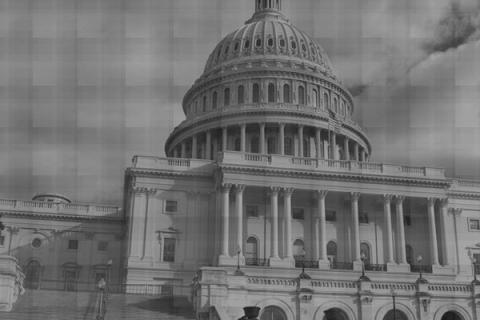From the Syrian war to sanctions on Iran, Russia is playing a visible role in the world. With new legislation passed by the Duma, the lower parliamentary chamber, Russia is also asserting itself in what continues to be a chilly relations with the United States.
In early December, the US Congress passed HR 4405, commonly known as the Magnitsky Act, which was signed into law by President Barack Obama.
Named for Sergei Magnitsky, a Russian attorney who died in prison in 2009, presumably from police brutality and squalid conditions, the legislation bars Russian officials suspected of human rights violations from traveling to the US and freezes their American assets. It also formally repeals the Jackson-Vanik Act, a Cold War-era regulation, which allows Jews and other religious minorities to emigrate.
The Duma responded last week with an "anti-Magnitsky" act that would effectively ban adoption of Russians by Americans. It passed 420-7 with one abstention.
Russian President Vladimir Putin has not indicated whether the legislation will become law. Confronted by reporters on Thursday, Putin refused to provide a definitive answer on the matter, saying only:
"[The US] shouldn't humiliate our country."
Although the Duma vote was nearly unanimous, Russian society is split on the legislation. Online petitions and public demonstrations have begun.
In the last twenty years, there have been approximately 60,000 Russian children adopted by Americans with about nineteen deaths. According to the English-language news organization Russia Today, "during the same period, 1500 orphans died in Russian adoptive families."
In response to the Magnitsky Act, Putin blasted Washington by calling the conditions at the Guantanamo Bay prison "medieval" and that "they keep people in prison for years without any charges." He argues the US has little business criticizing Russia on human rights grounds.
In Time, Alexei Pushkov, a Putin ally in the Duma, compared American lecturing on human rights to "an alcoholic coming to you and saying, 'I'll help you get sober.'"
There have been prominent Russians supporting the proposed ban on practical grounds. Russian Orthodox Church Archpriest Dmitry Smirnov supports the ban. The Russian Children's Rights ombudsman said the law "should have been done a long time ago" because of the cases of abused Russian adoptees.
Putin has had strained relations with the US throughout much of his tenure as president. Behind much of the consternation is the perception that the US is dictating to Moscow on its internal affairs more than two decades after the end of the Cold War.
Banning adoptions may seem like an unusual way to retaliate, and the ban has Russian society divided, but it illustrates the strained relations between the two countries that even would-be adopted children become pawns in geopolitics.

